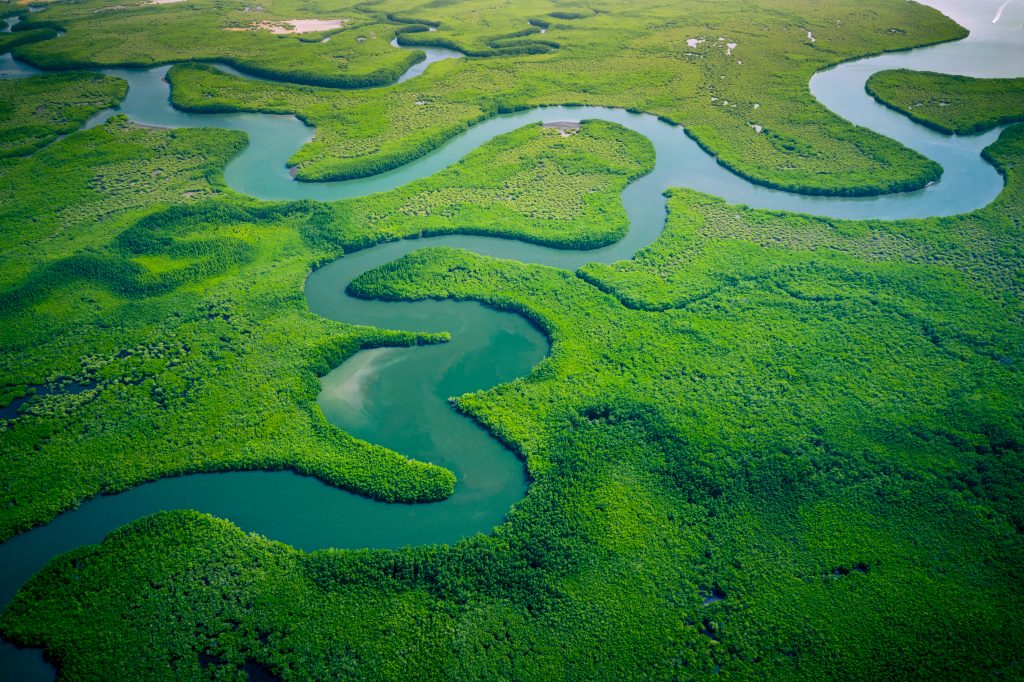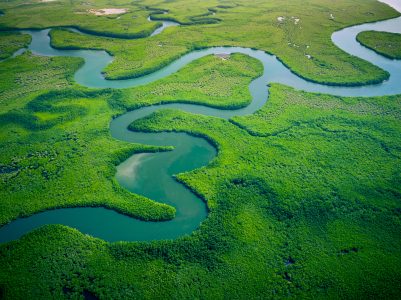By Arthur Lyon Dahl – International Environment Forum, IF20 Environment Working Group.
This post is part of a spotlight on the work and focuses of the IF20 Working Group on Religion and the Environment. See the working group page for more information.
– – –
The pandemic of 2020-21 has dislocated the world economy, disrupted social relationships, and brought great death and suffering, emphasizing the importance of health and healing to our well-being. It has also made evident the need for healing many other causes of suffering in our world, including an economy that treats the environment, the climate, ecosystem services and natural resources as externalities that can be ignored because they are not valued as capital and traded in the market, leaving us to face existential threats to the future of civilization. That same economic system, focused on maximizing short-term profits, creates great financial wealth for some while extreme poverty persists and half the world population is still struggling to meet basic needs.
A Framework for Sustainable Progress
Technological advances have transformed our world, and can easily be used to improve the common good and advance a sustainable civilization. However, they can just as easily be used to accelerate environmental destruction; to trap people in a consumer society relying on endless growth; to cultivate the basest aspects of human nature; and to invent new weapons of destruction. What is missing is an ethical dimension—a perspective that acknowledges there is a higher human purpose than just meeting material needs and desires; a moral compass that can give a positive direction to human society. This has traditionally been the role and purpose of the great faith traditions and of the world-views of Indigenous peoples.
The Sustainable Development Goals provide the accepted framework for the fundamental transformation needed in human society to resolve the threats from climate change; biodiversity collapse; the rape of the planet’s land, seas, and natural resources; and the economic deprivation and social fragmentation that marginalize and leave so many behind. The SDGs call for an integrated approach, since all these dimensions are part of an integrated biosphere, economy, and human system.

The Fuel Behind that Framework
But something more is needed: the motivation and political will to make the necessary changes in lifestyles, consumption patterns, energy sources, industrial processes, agricultural systems, economic paradigms, and institutions of governance.
Motivation comes from the heart—the domain of spirituality and faith, of altruism and self-sacrifice, of courage and patience, of love for humanity and nature. This is what the faith traditions contribute to the vision of the SDGs. Just as the SDGs have targets and indicators to measure progress and encourage effort, so do we need to develop complementary indicators of the values that motivate change and build unity in our diversity. The youth of the world need hope today more than ever, and their energy and idealism can be channelled through inspiring ethical principles and values to drive positive change and innovation as we build forward together.
The G20 leaders should incorporate this dimension into their policy recommendations and encourage partnerships with religions, faith traditions, and Indigenous peoples as valuable allies in the healing of the world and the achievement of the 2030 Agenda.
– – –
Arthur Lyon Dahl is President of the International Environment Forum, and a retired Deputy Assistant Executive Director of the United Nations Environment Programme (UNEP), with 50 years’ international experience in environment and sustainability. His most recent focus has been on global governance and UN reform.


